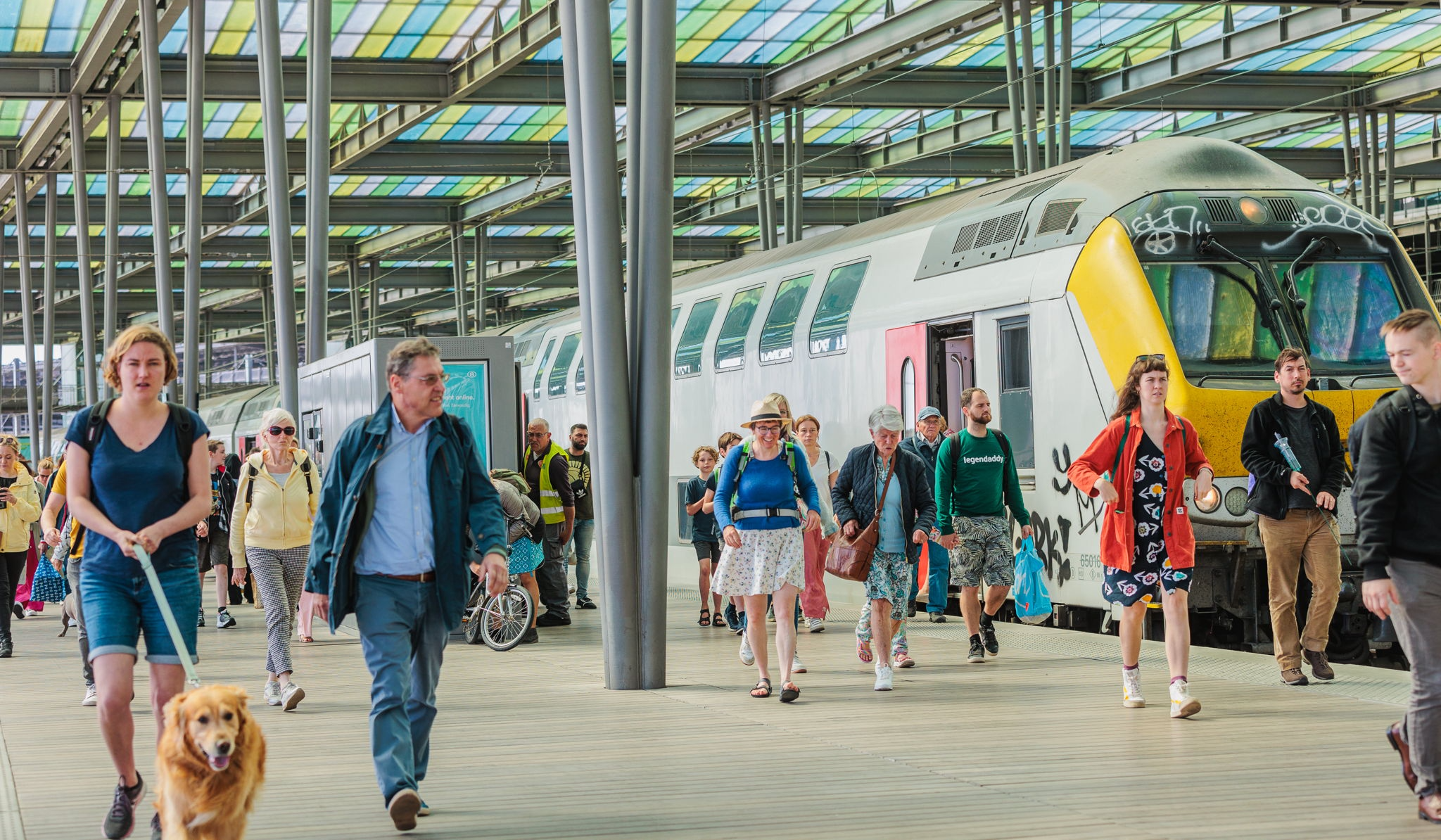
Negative advice on more expensive tickets at NMBS/SNCB

Even though Belgian rail is already among the most expensive in Europe, it wants to index ticket prices twice more next year/NMBS/SNCB
The board of directors of Belgian railway company NMBS/SNCB will soon consider a possible 5 to 6% fare increase early next year. The Rail Pa


Comments
Ready to join the conversation?
You must be an active subscriber to leave a comment.
Subscribe Today